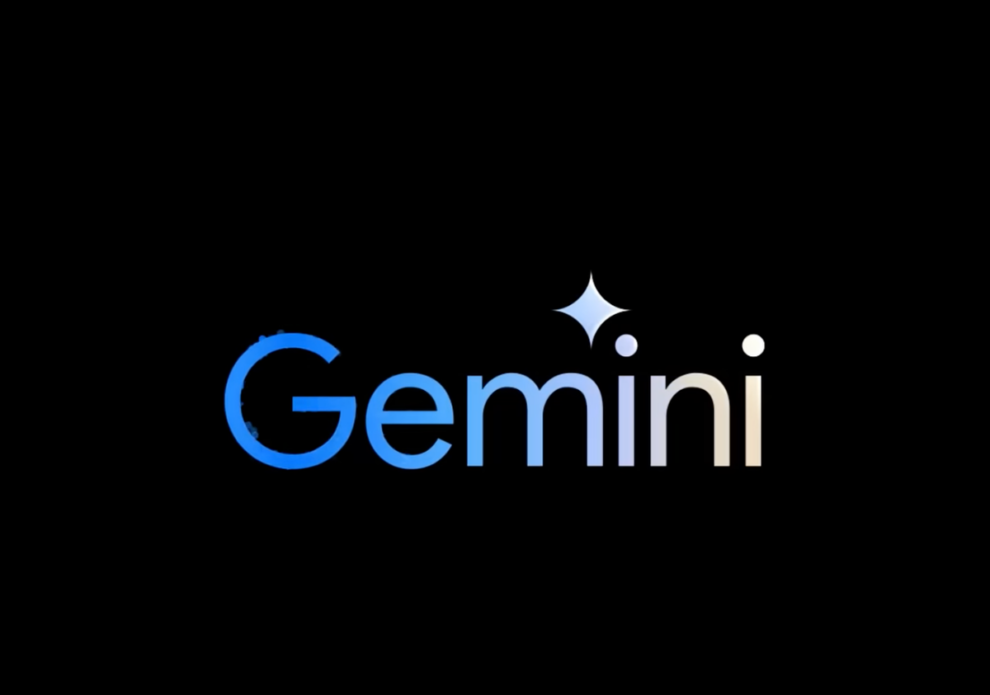Google’s introduction of the Gemini chatbot marks a significant milestone in artificial intelligence, showcasing a model that outperforms human experts in a wide range of tasks. Our in-depth testing and analysis reveal how Gemini stands up to expectations and where it leads the future of AI.
Key Highlights:
- Gemini’s versions: Ultra, Pro, and Nano, each optimized for different scale tasks.
- Achieves state-of-the-art performance on 30 of the 32 widely-used academic benchmarks.
- First model to outperform human experts on MMLU with a score of 90%.
- Surpasses GPT-4 in most text, coding, visual, audio, and video benchmarks.
- Gemini Pro and Nano models are free, with a premium subscription available for advanced features.
Google DeepMind’s Gemini represents a new era in AI, combining advanced reasoning, math, language understanding, and coding skills to surpass current benchmarks, including those set by OpenAI’s GPT-4. Sundar Pichai and Demis Hassabis of Google DeepMind highlight Gemini’s capabilities, emphasizing its multimodal nature, which allows it to seamlessly integrate text, code, audio, image, and video information. This not only sets new standards in AI performance but also opens up unprecedented possibilities for application in various fields.
Gemini’s edge over other AI models, particularly in the realm of multimodal capabilities, highlights its ability to process and integrate various types of data — text, images, audio, and video — seamlessly. This capability not only demonstrates a technical leap forward but also signifies a shift towards more intuitive and human-like AI systems that can understand context and nuances across different mediums.
However, despite Gemini’s impressive benchmarks, experts caution against overestimating its capabilities relative to GPT-4, noting challenges in interpreting performance metrics and the continuous issue of AI models generating inaccurate information. Furthermore, while Gemini shows exceptional prowess in language and coding tasks, its performance in handling images and videos suggests that multimodal foundation models still have room for improvement.
Gemini’s introduction is part of Google’s broader strategy to remain at the forefront of AI innovation, amid intense competition and rising expectations for AI technologies. The model’s development reflects Google’s commitment to creating versatile, powerful AI tools that can adapt to a wide range of applications, from mobile devices to data centers.
In comparison with OpenAI’s GPT-4, Gemini boasts better performance in a variety of reasoning and multimodal tasks, although it lacks in accessibility and customization options. This highlights the ongoing competition in the AI space, where the focus is not only on creating more powerful models but also on making them more user-friendly and adaptable to individual needs.
Google’s Gemini represents a significant leap forward in AI, showcasing remarkable capabilities that push the boundaries of what’s possible with current technology. However, its real-world effectiveness and potential impact on users and developers will depend on ongoing improvements, transparency in development, and how well it can be integrated into practical applications. While Gemini’s advanced benchmarks set a new standard, the ultimate value of such technologies will be determined by their ability to enhance human capabilities and solve real-world problems.






